It costs around $150 to $1,200 to remove wisdom teeth per tooth. The price can vary greatly based on the condition of your tooth, number of teeth, type of anesthesia, patient’s age, geographic location, and dentist’s reputation and experience.
A simple extraction may cost $70 to $200 for one tooth. Impacted extraction costs from $220 to $550 per tooth. If you book a package for all 4 wisdom teeth, the costs may reduce a bit.
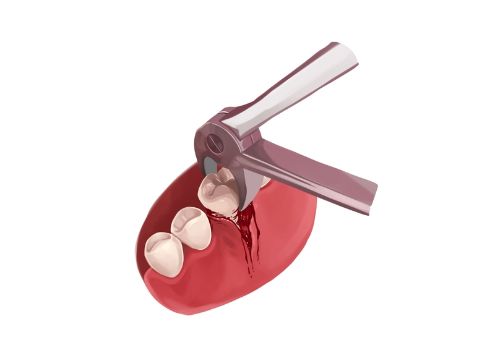
Factors that Affect Wisdom Teeth Removal Cost
Tooth Condition
The condition of your wisdom teeth plays a significant role in determining the procedure’s complexity, length, and cost. A simple extraction can be done if the tooth is fully erupted and positioned correctly, typically costing $150 to $1,200 per tooth.
However, a more complicated surgical extraction may be necessary if the tooth is impacted (not fully erupted) or misaligned. Surgical extractions typically cost between $220 to $550 per tooth. Additional costs may also be incurred if a tooth is infected, as treatment for the infection would be necessary before extraction.
Number of Teeth Being Extracted
The number of teeth being extracted will directly affect the cost. If you’re having one tooth extracted, you might pay, on average, anywhere from $75 to $500, depending on the complexity. If all four wisdom teeth need to be removed and require surgical extraction, the total cost could range from $800 to $2400.
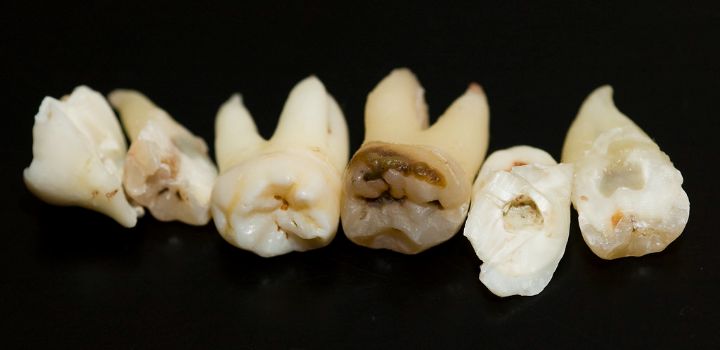
Type of Anesthesia
Local anesthesia is often included in the cost of the extraction, but if sedation (laughing gas or oral sedation) or general anesthesia is required, the cost will increase. Sedation can add several hundred dollars to the bill, and general anesthesia, often administered by an anesthesiologist, can add anywhere from $500 to $1000 or more to the cost of the procedure.
Patient’s Age
Generally, younger patients have less complicated extractions because their wisdom teeth roots aren’t fully developed, and the bone is less dense. As a result, the cost can be on the lower end of the scale. In contrast, older patients may have a higher risk of complications, possibly leading to higher costs.
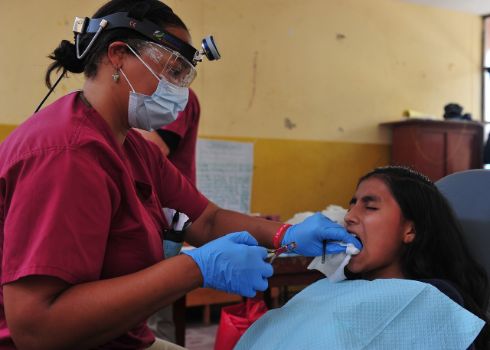
Geographic Location
The cost of any medical or dental procedure can vary widely from one region to another. Urban areas, particularly in the northeastern and western United States, tend to have higher prices. As a rough estimate, costs might be 20-30% higher or lower depending on the local cost of living.
Dentist’s Reputation and Experience
More experienced dentists or oral surgeons who are highly reputable may charge more for their services. While it’s difficult to quantify, a dentist with significant experience or specialization may charge 25-50% more than a less experienced professional. However, their experience can also mean fewer complications, which may save costs in the long term.
Additional Costs Associated with Wisdom Teeth Removal
Initial Examination & X-ray
Before the extraction procedure, your dentist will need to perform an initial examination, including X-rays, to assess the position and condition of the wisdom teeth. This can help them determine the complexity of the extraction. This can range from $100 to $200, depending on your location and specific dentist’s rates.
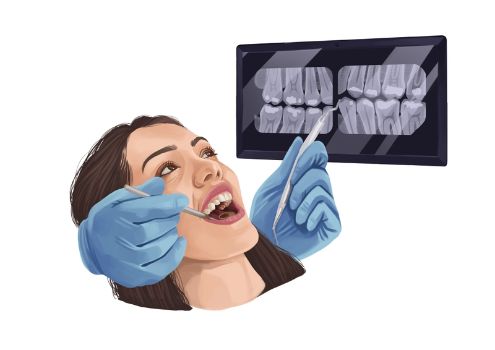
Anesthesia
Depending on your procedure, you may require local sedation or general anesthesia. Local anesthesia is often included in the extraction cost. Sedation or general anesthesia can add more to your total bill, from a few hundred to over a thousand dollars, depending on the type and duration of anesthesia used.
Nitrous Oxide
Also known as “laughing gas,” this is a type of sedation that’s often used for dental procedures. The cost can vary, but typically, you can expect to pay about $50-$100 per visit for nitrous oxide.
Follow-up Checkups
After the procedure, follow-up visits may be needed to ensure proper healing and to remove sutures if they are not absorbable. These visits can range from $50 to $200 per visit, depending on the complexity of the follow-up care.
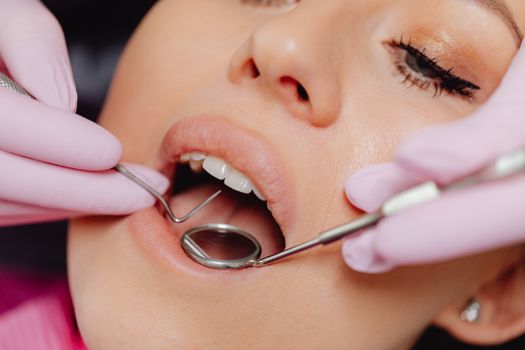
Cleaning
After the extraction, professional cleaning may be recommended to maintain oral health and prevent infections. The cost of a basic dental cleaning can range from $75 to $200. However, the costs can be higher if a deep cleaning or periodontal treatment is needed.
Complications that Can Increase the Wisdom Teeth Removal Costs
Operculectomy
This procedure involves removing a flap of gum tissue (operculum) that may be causing problems such as infection or inflammation over a partially erupted wisdom tooth. This could be done before or in lieu of a full extraction. This added procedure could increase the overall cost by several hundred dollars, depending on your location and the complexity of your case.
Dry Socket
A dry socket is a painful condition that can occur following a tooth extraction, where the blood clot that aids in healing is dislodged or dissolves, exposing the bone and nerves. Treatment of dry sockets involves placing a medicated dressing to promote healing and alleviate pain and may require additional follow-up visits. These additional treatments can add $50 to $100 per visit to the total cost.
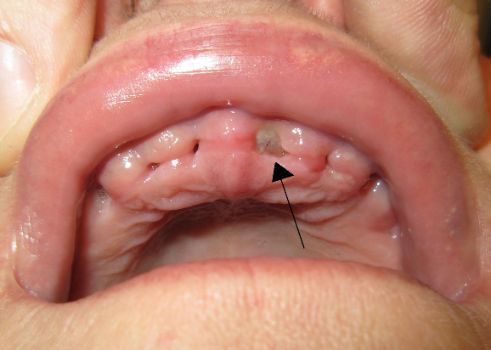
Infection
If an infection occurs after extraction, additional treatment with antibiotics will be necessary, and in some severe cases, a further surgical procedure may be needed to clean the infection. Antibiotics can range from $20 to $200, depending on the prescribed antibiotic. If further surgical intervention is needed, this could potentially add several hundred to over a thousand dollars to the cost, depending on the complexity of the procedure.
Does Insurance Cover Wisdom Teeth Removal Costs?
The coverage for wisdom teeth removal varies greatly based on your specific insurance plan. Many dental insurance plans cover at least a portion of wisdom teeth removal, especially if the procedure is deemed medically necessary due to pain, infection, cysts, or damage to other teeth. However, the coverage can range from 50% to 80% of the total cost up to the plan’s annual maximum.
It’s important to check with your insurance provider for the specifics of your coverage, as some may require pre-authorization before the procedure. If an oral surgeon performs the procedure and involves anesthesia, it might be partially covered under medical insurance instead of, or in addition to, dental insurance.
Different Ways to Pay for Wisdom Tooth Extraction
Dental Insurance
Dental insurance can cover a significant portion of the cost of wisdom teeth removal. Checking with your insurance company about what’s covered before the procedure is important.
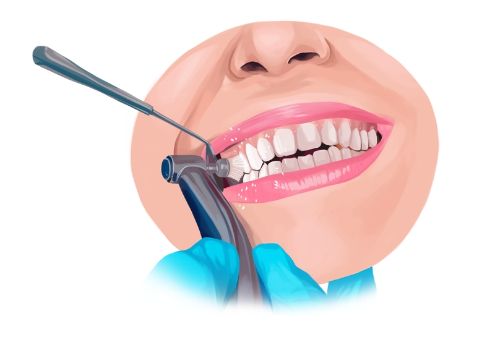
Health Savings Account (HSA) or Flexible Spending Account (FSA)
If you have an HSA or FSA, you can use pre-tax dollars to pay for wisdom tooth extraction. These accounts contribute to pre-tax and can be used for various medical expenses.
Payment Plans
Some dental offices may offer payment plans that allow you to pay for the procedure over time. This can help to make the procedure more affordable by spreading the cost out over several months or even longer.
Dental Discount Plans
Unlike insurance, these plans offer discounts on dental procedures for a yearly membership fee. If you don’t have dental insurance, a dental discount plan could save you a significant amount on wisdom tooth extraction.
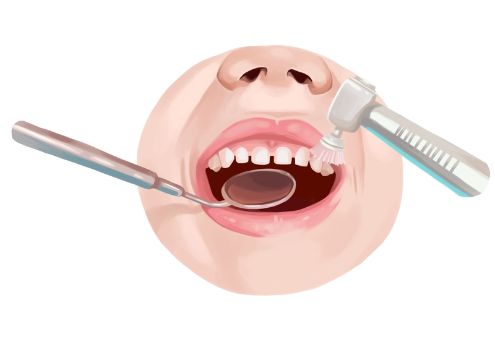
CareCredit
This is a type of credit card specifically for healthcare costs, including dental procedures. CareCredit often offers promotional financing with 0% interest for a certain time, making it easier to manage the cost of wisdom teeth removal.
Out-of-Pocket
If none of the above options are available or suitable, you can pay for the procedure out-of-pocket. It’s worth noting that some dentists may offer a cash discount for those without insurance who are paying out-of-pocket.
Tips to Lower the Cost of Wisdom Teeth Removal
Shop Around: Prices vary significantly between providers, so consider getting several quotes before deciding. Keep in mind that while cost is important, quality of care is equally crucial.
Dental Schools: Dental schools often offer services at a reduced rate as part of their training programs. Students perform procedures under the supervision of experienced dentists, which could be a cost-effective option.
Dental Discount Plans: If you don’t have dental insurance, you might consider a dental discount plan. You can get significant discounts on a wide range of dental procedures for an annual fee.
Negotiate: Some dentists might be willing to negotiate on the price, especially if you’re paying out-of-pocket. It’s worth asking if they can offer a payment plan or a discount for upfront payments.
Prevention: Regular dental check-ups can help detect problems with wisdom teeth early on, potentially avoiding more costly procedures.
Understand Your Insurance: If you have dental insurance, understand what is and isn’t covered. Ask your provider about your out-of-pocket maximum, the most you’ll pay in a year.
Timing: If possible, consider scheduling your procedure when you have met your deductible for the year but have not yet reached your out-of-pocket maximum to maximize insurance coverage.
Use a Health Savings Account (HSA) or Flexible Spending Account (FSA): If you have access to an HSA or FSA, these accounts use pre-tax dollars for medical expenses, effectively providing a discount on medical costs.
Frequently Asked Questions
Is it a good decision to extract wisdom teeth?
Whether or not to extract wisdom teeth often depends on your specific situation. If the wisdom teeth are healthy, fully erupted, positioned correctly, and able to be properly cleaned, extraction may not be necessary. However, extraction could be a good decision if they’re impacted, causing pain, or posing a threat to your other teeth.
What problems can bad wisdom teeth cause?
Impacted wisdom teeth, or those that are erupting at an angle or crowding other teeth, can cause a number of issues. These can include pain, damage to other teeth, gum disease, cysts, decay (since they can be hard to clean), and even systemic infections.
Why do you need to remove a wisdom tooth?
Wisdom teeth may need to be removed if they’re causing problems or have the potential to cause problems in the future. This could include situations where they’re impacted, not coming in properly, causing pain, or are at risk of decay or gum disease because they are hard to clean.
What are the risks of wisdom teeth removal?
As with any surgery, there are risks associated with wisdom teeth removal. These can include pain, swelling, bruising, difficulty opening the mouth, numbness or altered sensation due to nerve damage, infection, dry socket (a painful condition where the blood clot that aids healing is lost), and rarely, damage to nearby teeth or jawbone.
What to avoid after dental surgery?
After dental surgery, it’s typically advised to avoid smoking and alcohol, as these can delay healing and increase the risk of complications. You should also avoid strenuous exercise for a few days. It’s often recommended to avoid hard, crunchy, and spicy foods and not drink through a straw, as the suction can dislodge the blood clot that aids in healing.